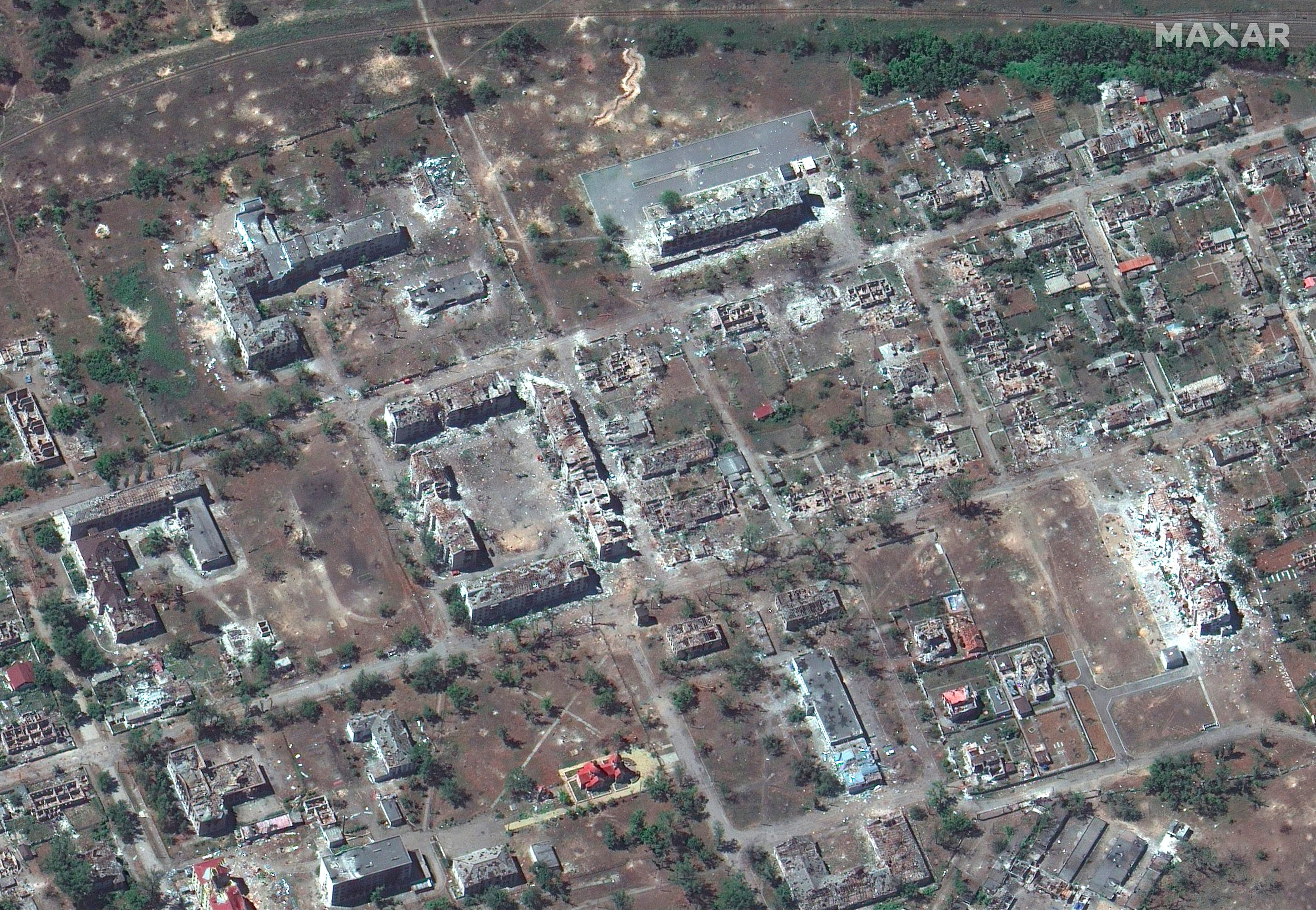WASHINGTON — Democrats and Republicans can agree on at least one thing: There is insufficient understanding of artificial intelligence and machine learning in Congress.
So senators are organizing educational briefings. Majority Leader Chuck Schumer, a New York Democrat, on June 6 announced three such planned get-togethers this summer, including a classified session dedicated to AI employment by the U.S. Department of Defense and the intelligence community, as well as AI developments among “our adversaries” such as China and Russia.
“The Senate must deepen our expertise in this pressing topic,” reads the announcement, backed by fellow Democratic Sen. Martin Heinrich of New Mexico and Republican Sens. Mike Rounds of South Dakota and Todd Young of Indiana.
“AI is already changing our world,” it continues, “and experts have repeatedly told us that it will have a profound impact on everything from our national security to our classrooms to our workforce, including potentially significant job displacement.”
RELATED

The Defense Department is pouring billions of dollars into AI advancement and adoption, including a proposed $1.8 billion for fiscal 2024 alone. China and Russia, considered top national security threats, have significantly invested in AI for military applications, as well.
U.S. officials consider AI an invaluable tool to improve performance on the battlefield and in the boardroom. With it, they say, tides of information can be parsed more effectively, digital networks can be monitored around the clock, targeting aboard combat vehicles can be enhanced, maintenance needs can be identified before things fall apart and decisions can be made quicker than ever before.
But a lack of general understanding — what, for example, is the difference between AI, ML, autonomy, bots, large language models and more — can hinder policymaking on the Hill, spending decisions from there and deployment further downstream.
“I’ve been doing this stuff long enough that I feel like, to a certain degree, AI has become the buzzword of what cyber was maybe 15 or 20 years ago, where everybody on a government program says, ‘I’m going to add this buzz term and see if I can get a little more money on whatever program I have,’” Sen. Mark Warner, a Virginia Democrat at the head of the intelligence committee, said Tuesday at the Scale Gov AI Summit, blocks from the White House.
“What we’re all trying to work on,” he added, “is how do we get ourselves educated as quickly as possible.”
Public attention paid to AI and its offshoots skyrocketed following the November rollout of OpenAI’s ChatGPT, which is capable of carrying a convincing conversation or crafting computer code with little prompting. OpenAI CEO Sam Altman testified before the Senate in May. He previously expressed worries about AI being used for misinformation campaigns or cyberattacks.

The study of AI and its consequences by lawmakers must remain fluid and free from political jockeying, according to Rounds, who sits on the armed services committee.
“We’re trying to combine, and to put together a process, where members of the U.S. Senate can actually come to a common understanding of just exactly what we mean when we talk about ‘machine learning’ or ‘AI,’ what it really is in terms of its current status, what it looks like today,” he said at the summit where Warner spoke.
“And we’re trying to do this as a group in a bipartisan basis,” he said, “so that folks can bring in their ideas and can be a host for other parts of the industry to come to different members and say, ‘These are the concerns we’ve got.’”
Colin Demarest was a reporter at C4ISRNET, where he covered military networks, cyber and IT. Colin had previously covered the Department of Energy and its National Nuclear Security Administration — namely Cold War cleanup and nuclear weapons development — for a daily newspaper in South Carolina. Colin is also an award-winning photographer.






